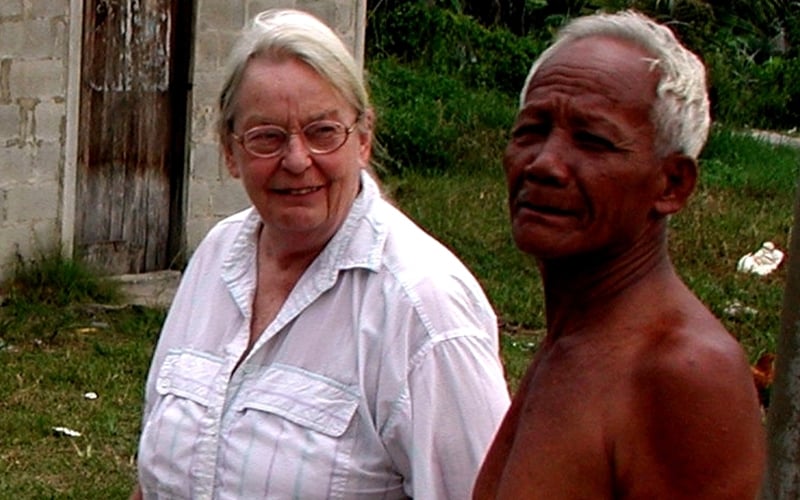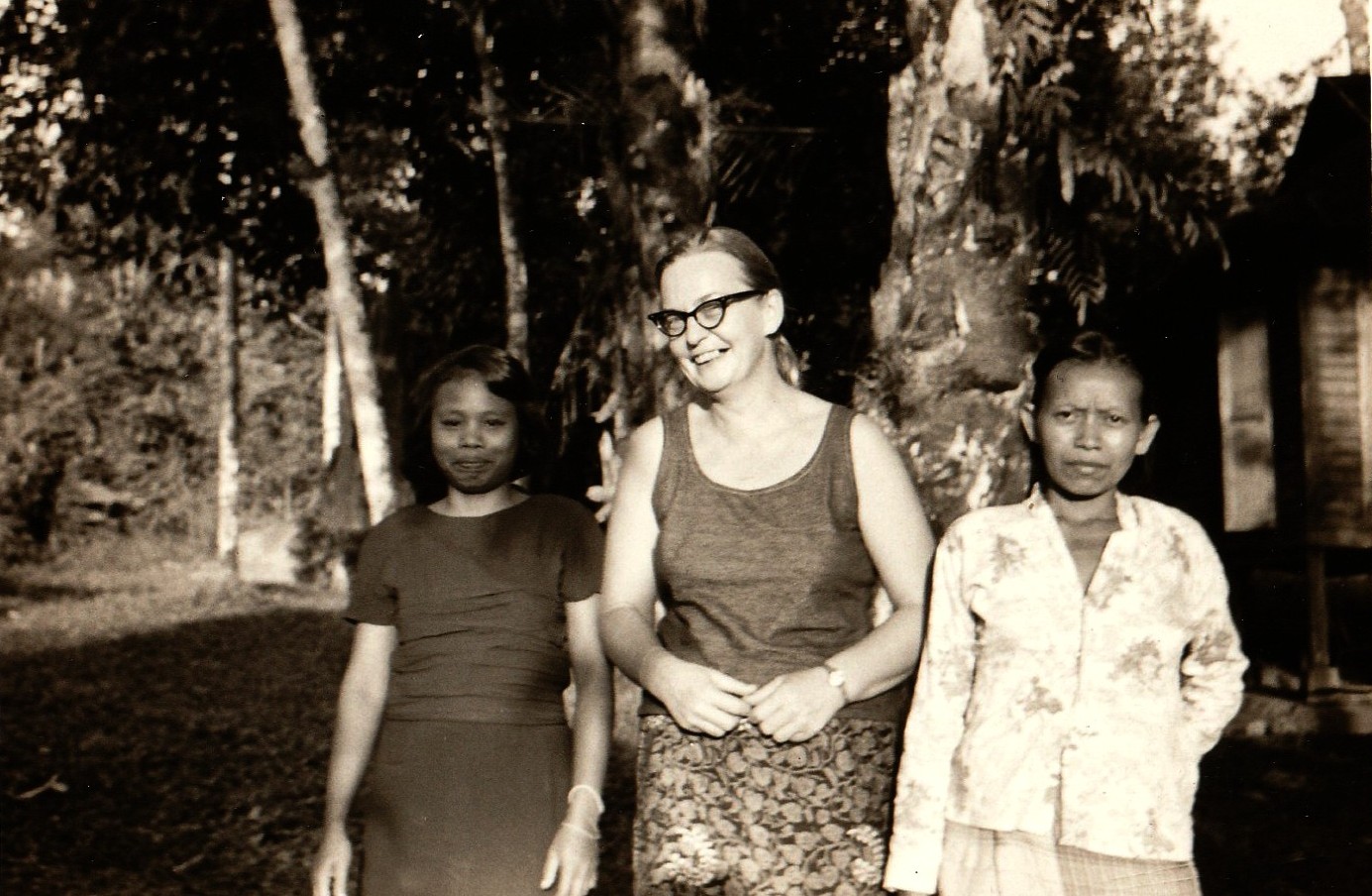
PETALING JAYA: Many of the country’s Orang Asli communities have fond memories to share of Dr Adela Baer, painting her as more of a friend than a scholar.
Known to her close friends here as “Dee Baer”, the American geneticist received a Fulbright scholarship to conduct research at Universiti Malaya in 1967.
The endeavour saw her visit many Orang Asli communities, including the Mah Meri at Pulau Carey, Jah Hut in Pahang and Temuan in Bukit Manchong, Selangor.
“She had a very consistent love and concern for the Orang Asli,” said Colin Nicholas, founder and coordinator of the Center for Orang Asli Concerns (COAC).

Nicholas met Baer in the early ‘90s through her interest in the Orang Asli. He later helped her publish three books. In one, she analysed their general health, highlighting illnesses and diseases which are easily treatable if the Orang Asli are given greater access to medical services.
The Orang Asli lost a dedicated supporter when Baer, aged 92, died on July 17 at a retirement home in San Diego.
Nicholas said he would remember her as a generous and empathetic scholar who always wanted to do more for the Orang Asli.
“I want the public to remember her as a pioneer in Orang Asli health research, and as a person who did not just use Orang Asli for her research but developed a relationship with them,” he told FMT.
In 1971, Baer spent a year-long sabbatical with the Temuan people in Ulu Serendah, Selangor.
“The Temuan people remember her with great fondness,” said Amani Williams-Hunt, also known as Bah Tony, an Orang Asli activist-lawyer who worked closely with Baer in her research.
Williams-Hunt said Baer integrated herself so deeply into the villagers’ lives that she took the time to learn their language and was inspired to publish a comprehensive Temuan word list.
“She was very concerned about recording the Temuan language and making sure it doesn’t disappear into oblivion,” Williams-Hunt told FMT.
Baer returned to Ulu Serendah in the early 90s and gave the Temuan two photo albums containing pictures of villagers she had lived with in 1971. They were said to have been overjoyed with the gift.
“It’s a small gesture from her point of view, but for the families who never had records of their parents or grandparents, it was a very big move,” said Nicholas.
After her stay in Ulu Serendah, Baer continued to visit Orang Asli communities around Malaysia for more than a decade.
Her research brought her to East Malaysia in 1999, where she provided comparative health information on the Orang Asli and Sarawakian rural ethnic groups.
Unfortunately, Baer’s deteriorating health prevented her from making further visits to Malaysia. Her last visit was in 2002, when she visited the Temuan in Ulu Serendah for the last time.
Despite her ill health, Baer insisted on supporting the Orang Asli by donating to organisations that serve to benefit the indigenous people in Malaysia.
Her daughter said she had as much love for the Orang Asli as her own family, said Nicholas. - FMT



No comments:
Post a Comment
Note: Only a member of this blog may post a comment.